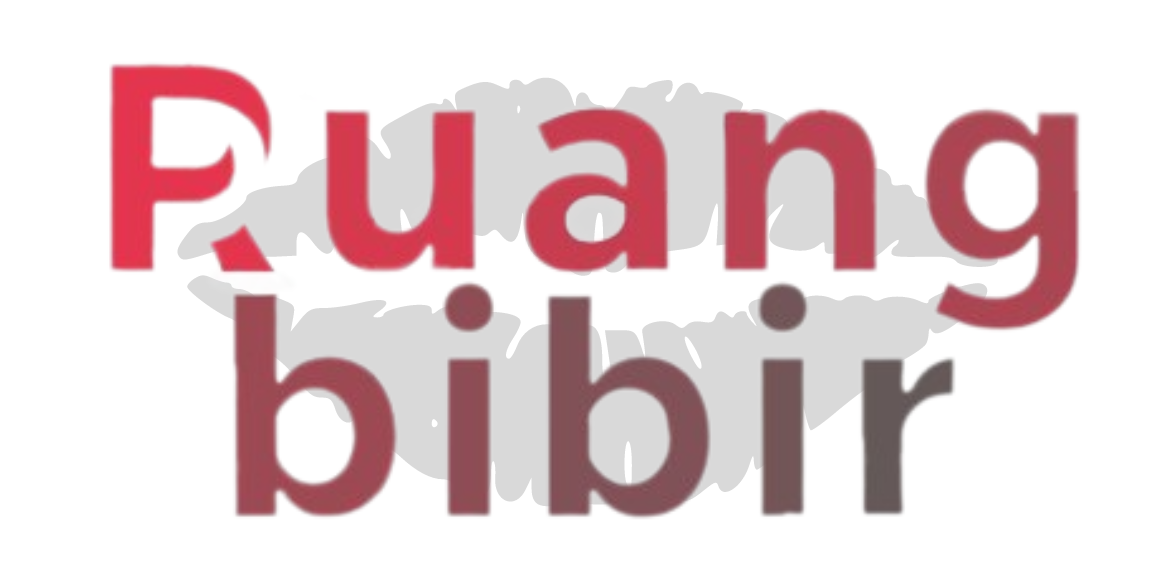
loading…
Romli Atmasasmita. Foto/Istimewa
NILAI korupsi 10 tahun terakhir sangat fantastis. Rata-rata dari beberapa perkara mencapai triliunan rupiah. Sementara dibandingkan dengan kelompok yang rentan secara sosial dan ekonomi juga semakin bertambah; tampaknya antara keduanya berbanding terbalik satu sama lain.
Kelompok oligarki telah memperburuk keadaan korupsi karena dengan kemampuan finansial mereka dapat mempermainkan pasar domestik, termasuk kegiatan di pasar modal. Apalagi saat ini BI telah merilis berlakunya Bitcoin sebagai alat pembayaran.
Bitcoin sebagai alat pembayaran yang telah berkembang di negara maju juga dipraktikkan di dalam kegiatan ekonomi dan keuangan Indonesia, ternyata semakin sulit dilacak/dideteksi secara akurat, karena semakin cepat perputaran dari satu tempat ke tempat lain; hal mana sangat menguntungkan kegiatan pencucian uang dari dalam ke luar atau sebaliknya, sehingga diperlukan sarana dan prasarana pencegahan dan pemberantasannya.
Tampaknya PPATK terpusat di Jakarta belum memadai untuk meliput seluas 35 provinsi. Pusat kejahatan internasional pencucian uang merupakan sumber penghasilan organisasi kejahatan transnasional dan korupsi merupakan salah satu kejahatan asal (predicate offense) dari pencucian uang yang juga tercantum dalam Pasal 2 UU Nomor 8 Tahun 2010 tentang Pencegahan dan Pemberantasan Tindak Pidana Pencucian Uang.






